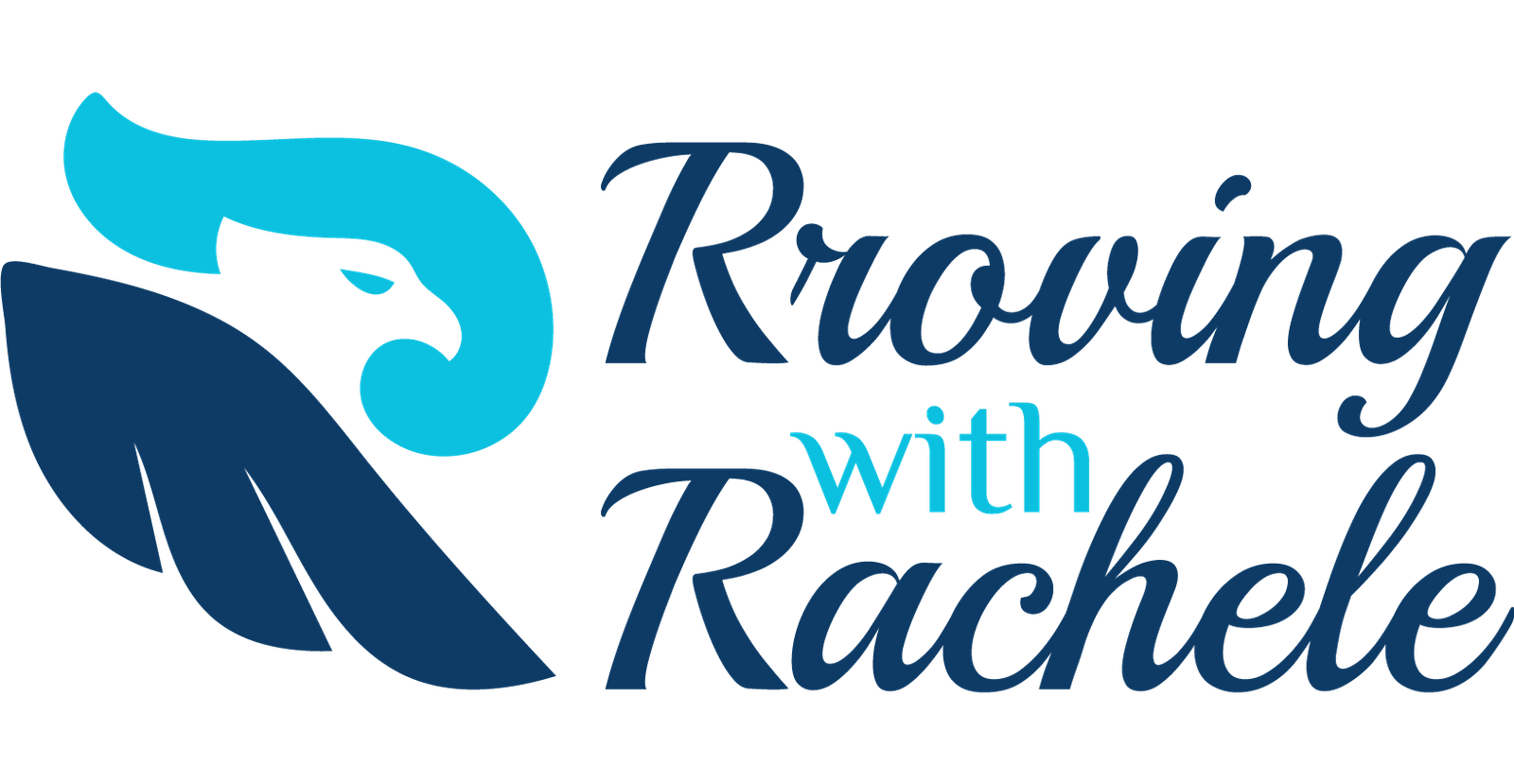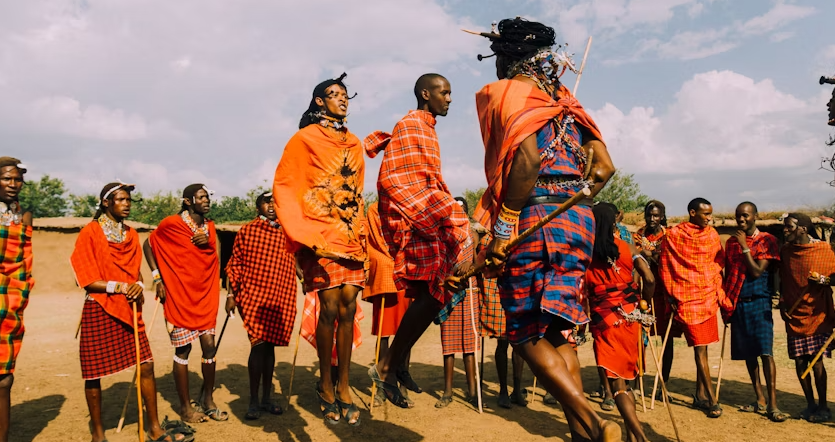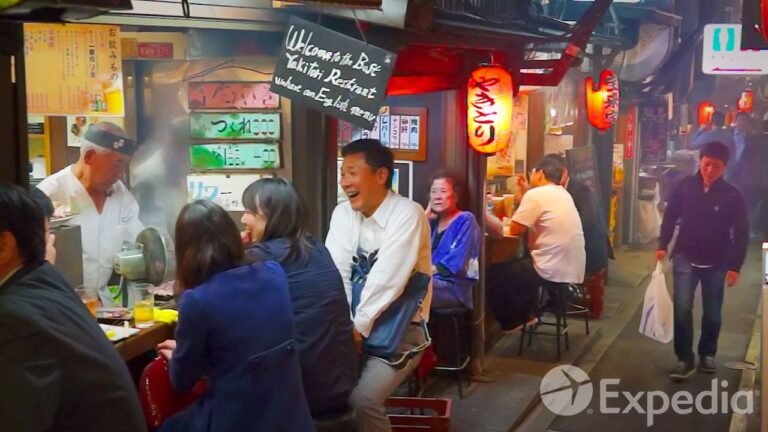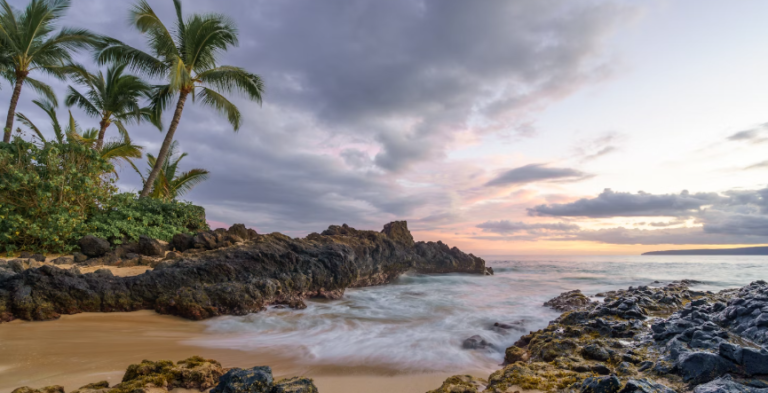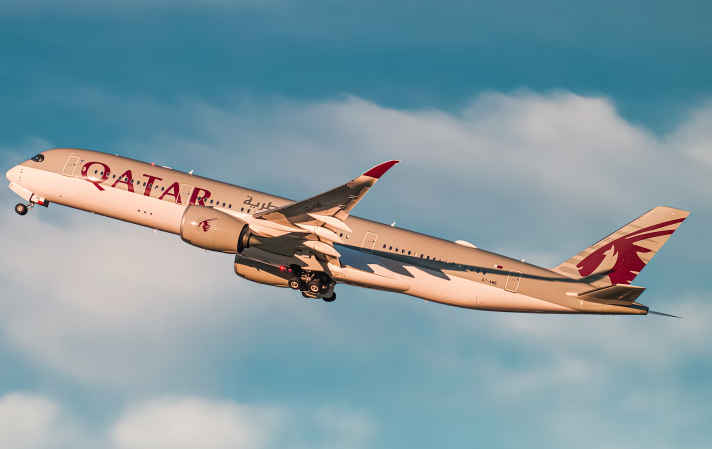The Universal Zulu Nation – South Africa’s Tribal People
The Zulu Nation stands as South Africa’s largest ethnic group, representing approximately 22% of the country’s 45 million people. This remarkable civilization has shaped the cultural landscape of Southern Africa for centuries through its powerful traditions, innovative military strategies, and vibrant community life. Understanding the Universal Zulu Nation opens a window into one of Africa’s most fascinating and influential cultures that continues to thrive in modern times. 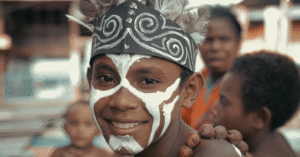
The Universal Zulu Nation
From the rolling hills of KwaZulu-Natal to the bustling streets of Gauteng Province, the Universal Zulu Nation has created a legacy that extends far beyond geographical boundaries. Their story reveals how a small clan transformed into a mighty kingdom that would forever change the course of African history.
The Rise of a Mighty Kingdom
Zulu Historical Background
The Zulu people, known as amaZulu in their native language, trace their origins to the great Bantu migrations that began in the eleventh century. These early ancestors journeyed from East Africa, bringing with them rich traditions and advanced agricultural practices that would flourish in the fertile lands of what is now KwaZulu-Natal.
The transformation from a minor clan to a mighty nation began in the early 19th century under the legendary leadership of Shaka Zulu. This visionary leader united various scattered clans through innovative military tactics and diplomatic strategies, creating the foundation of the Zulu Kingdom around 1816.
Shaka’s Revolutionary Legacy
Shaka Zulu revolutionized warfare in Southern Africa through his military innovations, including the famous “bull’s horn” battle formation and the introduction of the short stabbing spear called the assegai. These tactical advances enabled the Zulu army to expand its territory and establish dominance over neighboring regions significantly. 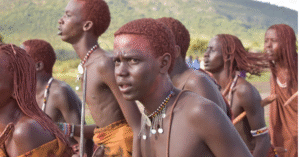
The kingdom’s influence extended beyond military might, as Shaka also promoted cultural unity and established administrative systems that would govern Zulu society for generations. His reign marked the beginning of the Zulu Nation’s golden age, setting the stage for their lasting impact on South African history.
Zulu Cultural Practices and Celebrations
Sacred Ceremonies and Community Bonds
Zulu culture thrives through vibrant ceremonies that strengthen community ties and preserve ancestral wisdom. The most famous of these celebrations is the Umhlanga, also known as the Reed Dance, where young women gather annually to honor their heritage and demonstrate respect for traditional values.
During this vibrant festival, participants wear intricate beadwork and perform traditional dances that get passed down through countless generations. The ceremony serves multiple purposes: celebrating young womanhood, strengthening community bonds, and maintaining connections to ancestral traditions.
The Art of Beadwork Communication
Zulu beadwork represents far more than decorative art – it functions as a sophisticated communication system. Different colors, patterns, and arrangements convey specific messages about social status, marital availability, family lineage, and personal emotions.
Young women master this intricate craft, learning to “read” and create beadwork messages that communicate complex social information within their communities. Red beads might express passionate love, while white beads symbolize spiritual purity and traditional values. 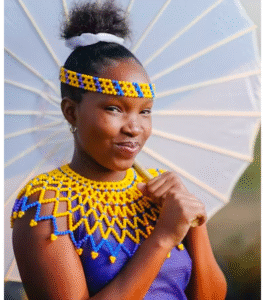
South Africa’s Most Spoken Official Language
IsiZulu
IsiZulu serves as the mother tongue for over 9 million South Africans, making it the country’s most widely spoken official language. This tonal language belongs to the Nguni language group and features the distinctive “click” sounds that characterize many languages in Southern Africa.
The language’s reach extends from the Cape Province to Zimbabwe, demonstrating its importance as a regional lingua franca. Travelers and visitors who learn basic isiZulu phrases often find themselves warmly welcomed by local communities who appreciate efforts to engage with their cultural heritage. Here’s a link for another cultural experience. https://rovingwithrachele.com/qatar-tourism-a-pearl-in-the-persian-gulf/. Want to learn more about beading? Here we go: https://amzn.to/44IhXLd
Literary Heritage and Modern Expression
The development of written isiZulu began with missionary efforts in the 1830s, when dedicated educators like J.W. Colenso and Lewis Grant worked with early converts to create the first Zulu Christian literature. The landmark publication “Incwadi Yokuqala Yabafundayo” in 1837-8 established the foundation for modern Zulu orthography.
J.L. Dube emerged as the first prominent Zulu writer in 1832, although his early works are in English. His groundbreaking Zulu novel “Insila kaShaka,” published in 1930, marked the beginning of a rich literary tradition that continues to evolve today.
Zulu Population and Geographic Distribution
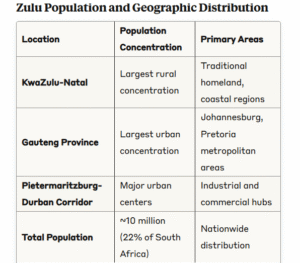
Spiritual Beliefs and Religious Practices
Blending Ancient Wisdom with Modern Faith
The majority of Zulu people practice Christianity today, a legacy of colonial missionary work that began in the 19th century. However, this Christian faith often incorporates traditional ancestral beliefs, creating a unique spiritual blend that honors both ancient wisdom and contemporary religious practices.
Ancestral spirits, known as amadlozi, remain central to Zulu spiritual life. Families regularly perform rituals and make offerings to honor deceased relatives, seeking their guidance and protection for important life decisions and community challenges. 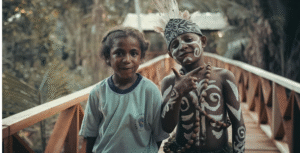
Traditional Healing and Spiritual Guidance
Traditional healers, called sangomas and inyangas, continue to play vital roles in Zulu communities. These spiritual practitioners combine herbal medicine with ancestral communication, providing healing services that address both physical ailments and spiritual concerns.
The belief in the power of dreams, natural signs, and animal messengers reflects the deep connection between Zulu spirituality and the natural world. These beliefs illustrate how traditional wisdom adapts to modern circumstances while preserving its core spiritual principles.
Social Structure and Community Organization
Clan-Based Leadership Systems
Zulu society has patriarchal clan structures, with each clan led by a respected chief who guides them on domestic and community matters. This traditional leadership system operates alongside modern governmental structures, maintaining cultural continuity in contemporary South Africa.
Extended families form the foundation of Zulu social organization, with multiple generations often living nearby and sharing resources. This community-centered approach fosters strong support networks that help individuals navigate modern challenges while preserving cultural values.
Modern Adaptations and Urban Life
The 1920s brought significant changes, as many Zulu people migrated to urban areas in search of employment in mines and growing cities. This urbanization created new challenges but also opportunities for cultural adaptation and economic advancement.
Zulu workers played crucial roles in developing South Africa’s early labor movement, organizing unions such as the Zulu Washermen’s Guild (Amawasha), which advocated for workers’ rights in Natal and the Witwatersrand region even before 1910. 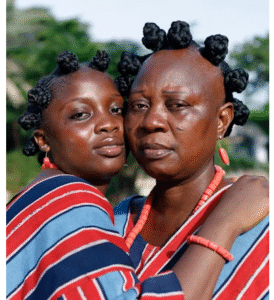
Frequently Asked Questions About Zulu Culture
Q: How did the Zulu Nation get its name?
A: The word “Zulu” means “Sky” in the original language. According to oral history, Zulu was the name of the ancestor who founded the royal line around 1670, establishing the foundation for what would become the great Zulu Kingdom.
Q: What makes isiZulu unique among African languages?
A: IsiZulu is distinctive for its tonal qualities and characteristic “click” sounds. As part of the Nguni language group, it shares similarities with Xhosa but maintains unique vocabulary and pronunciation patterns that reflect the northern Nguni cultural experience.
Q: How do modern Zulu people balance traditional culture with contemporary life?
A: Many Zulu people successfully integrate traditional practices with modern living by maintaining cultural ceremonies, language use, and family structures while adapting to urban environments and contemporary economic opportunities.
Q: What role do women play in Zulu society today?
A: While traditional Zulu society was patriarchal, modern Zulu women increasingly participate in education, business, and political leadership while often maintaining essential roles in preserving cultural traditions and family unity.
Q: How can visitors respectfully experience Zulu culture?
A: Respectful cultural engagement includes learning basic isiZulu greetings, attending public cultural festivals with appropriate attire, supporting local artisans, and approaching sacred sites and ceremonies with proper reverence and permission.
Final Thoughts
The Enduring Legacy of the Zulu Nation
The Universal Zulu Nation continues to demonstrate remarkable resilience and adaptability in the 21st century. From their origins as a small clan to becoming South Africa’s largest ethnic group, the Zulu people have maintained their cultural identity while embracing positive change and modernization.
Their contributions to South African society extend beyond cultural preservation to include significant impacts on labor rights, political development, and artistic expression. Understanding Zulu history, language, and traditions provides valuable insights into the broader story of African civilization and human cultural development.
For travelers and students seeking to understand Southern Africa’s rich heritage, engaging with Zulu culture offers an authentic window into traditions that have shaped an entire region. The Zulu Nation’s story reminds us that cultural strength comes from honoring the past while embracing the possibilities of the future.
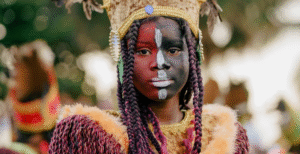
Ready to explore more about African cultures and heritage? Subscribe to our newsletter for weekly insights into the continent’s most fascinating traditions and contemporary developments.
References
Watch Angels in the Dust Online | 2007 Movie | Yidio. https://www.yidio.com/movie/angels-in-the-dust/41355
HyperX Records 20M Impressions During Ludwig’s Mogul Money. https://streamhatchet.com/blog/blog-hyperx-records-20m-impressions-during-ludwigs-mogul-money/
The Travel Team
(w) rovingwithrachele.com
(e) rachele@rovingwithrachele.com
